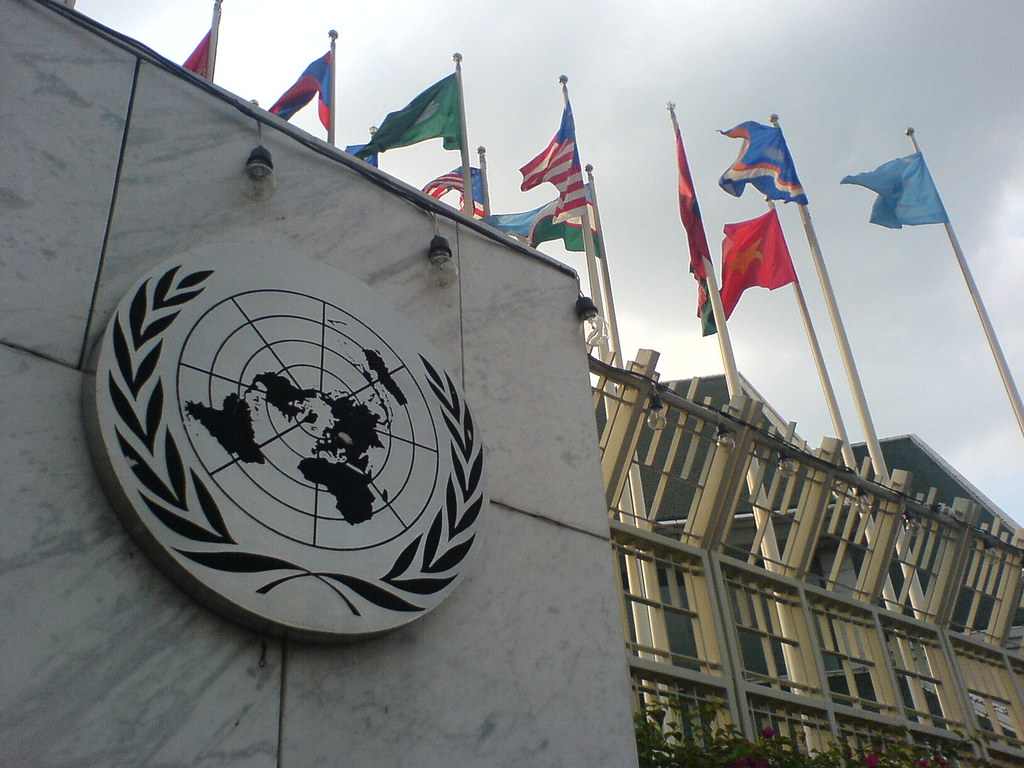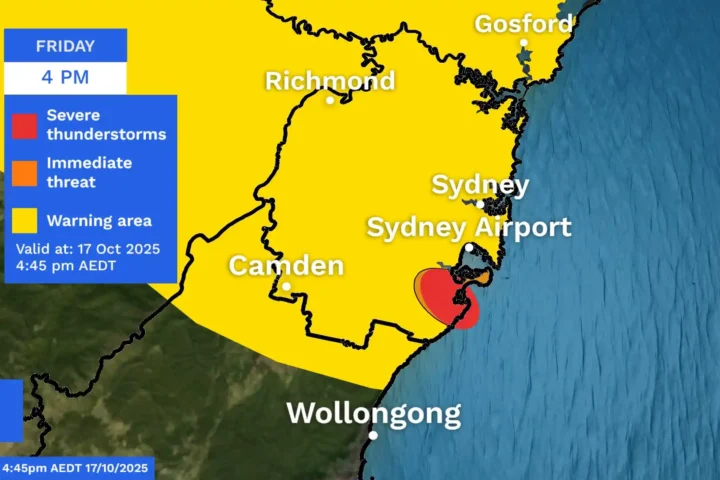Climate Week NYC 2025 opens Sunday, September 21, with a record-breaking scale, featuring over 1,000 events across New York City – the largest turnout in its 16-year history. The gathering comes at a time when the U.S. federal government has pulled back from climate initiatives while global market forces continue driving action forward.
Organizers report unprecedented corporate participation this year despite – or perhaps because of – the Trump administration’s climate policy reversals, including withdrawal from the Paris Agreement and rollbacks of environmental regulations.
“Actually, there’s huge enthusiasm for it,” said Climate Group Chief Executive Officer Helen Clarkson, who admitted organizers initially wondered if people would show up given the current political climate.
The boost in engagement has emerged “precisely as an antidote to the current U.S. administration’s attitude toward climate change,” according to Christiana Figueres, former U.N. climate chief who helped craft the 2015 Paris Agreement.
This year’s theme, “Power On,” reflects determination to continue climate progress despite headwinds. The timing alongside the U.N. General Assembly creates opportunities for business leaders and investors to connect with world leaders on climate initiatives.
Figueres noted a significant shift in how climate action is advancing. “The pull now is coming from stakeholders, from the real economy, from market forces,” she said, highlighting how the private sector is increasingly driving the agenda rather than governments.
Evidence of this corporate momentum includes Swiss carbon capture company Climeworks, which has scheduled nearly four times more events this year than last after raising $162 million in July 2025. “We’re continuing to see demand increase for carbon removals,” said Co-Chief Executive Christoph Gebald.
The U.N. General Assembly will address climate change on Wednesday during a special summit hosted by Secretary-General António Guterres, where many nations are expected to announce new climate targets.
Similar Posts
However, neither the U.S. nor European Union – historically climate action leaders – will present new targets. Instead, China, Brazil (host of the upcoming COP30), and other developing nations have taken more active roles in setting the climate agenda.
The EU is projecting a 54% reduction in greenhouse gas emissions by 2030 from 1990 levels, nearly meeting its previous 55% target. But Danish climate minister Lars Aagaard noted Europe’s changing role: “Europe is 6% of global emissions… there is also a call from our side that all parties to the Paris Agreement also should lift their responsibility.”
With COP30 beginning in just seven weeks, the climate finance gap remains a critical focus. While more than half of the world’s largest companies have pledged to reach net-zero emissions by mid-century, 98% have shared no plans for aligning their spending with these commitments, according to analysis from the TPI Global Climate Transition Centre.
“The challenge for New York Climate Week and beyond is to ensure that individuals and institutions come together in new ways to reimagine how we can cooperate against common threats,” said Rajiv Shah, president of The Rockefeller Foundation.
A recent global survey revealed that 86% of people believe international cooperation is crucial for effective climate action – underscoring public support despite political challenges.
The week will highlight several key areas, including built environment decarbonization, data center energy demands, and state and local climate leadership stepping forward amid federal retreat.


















